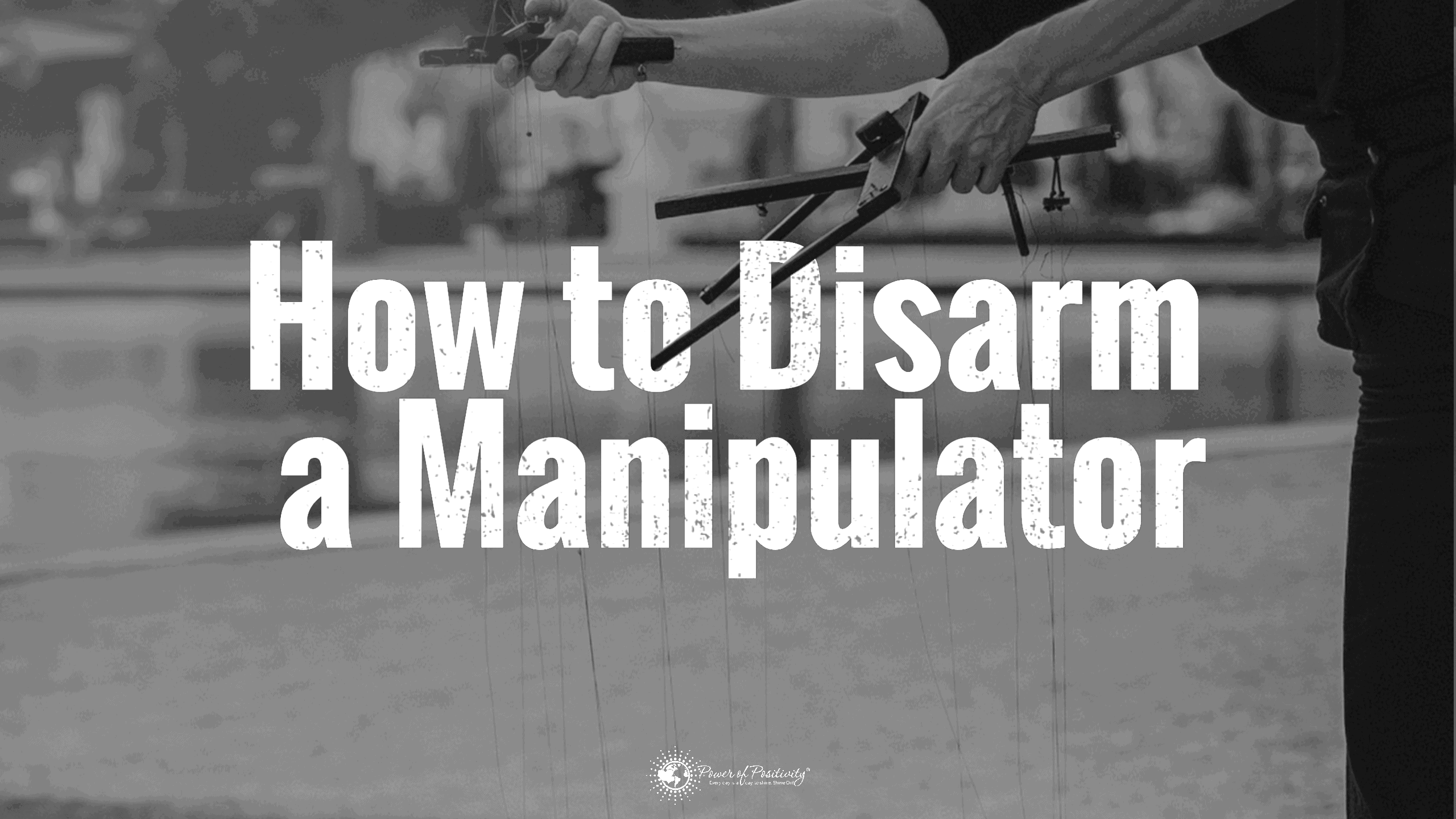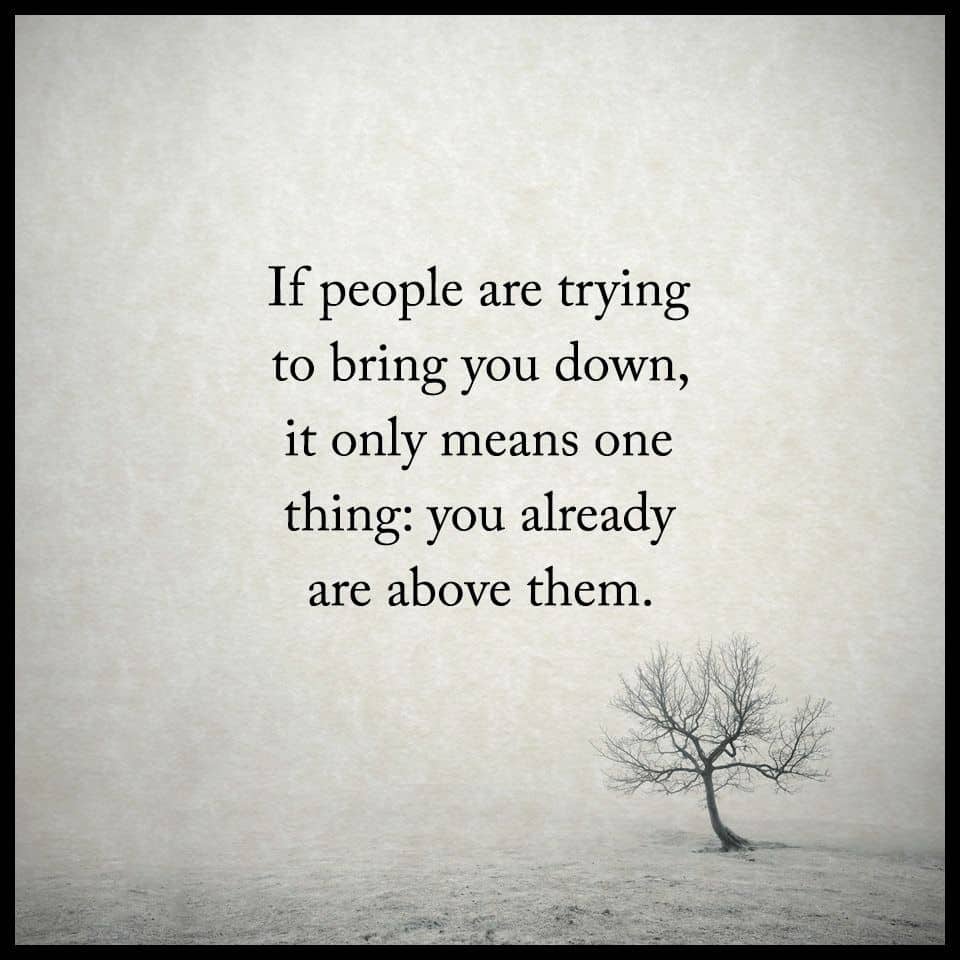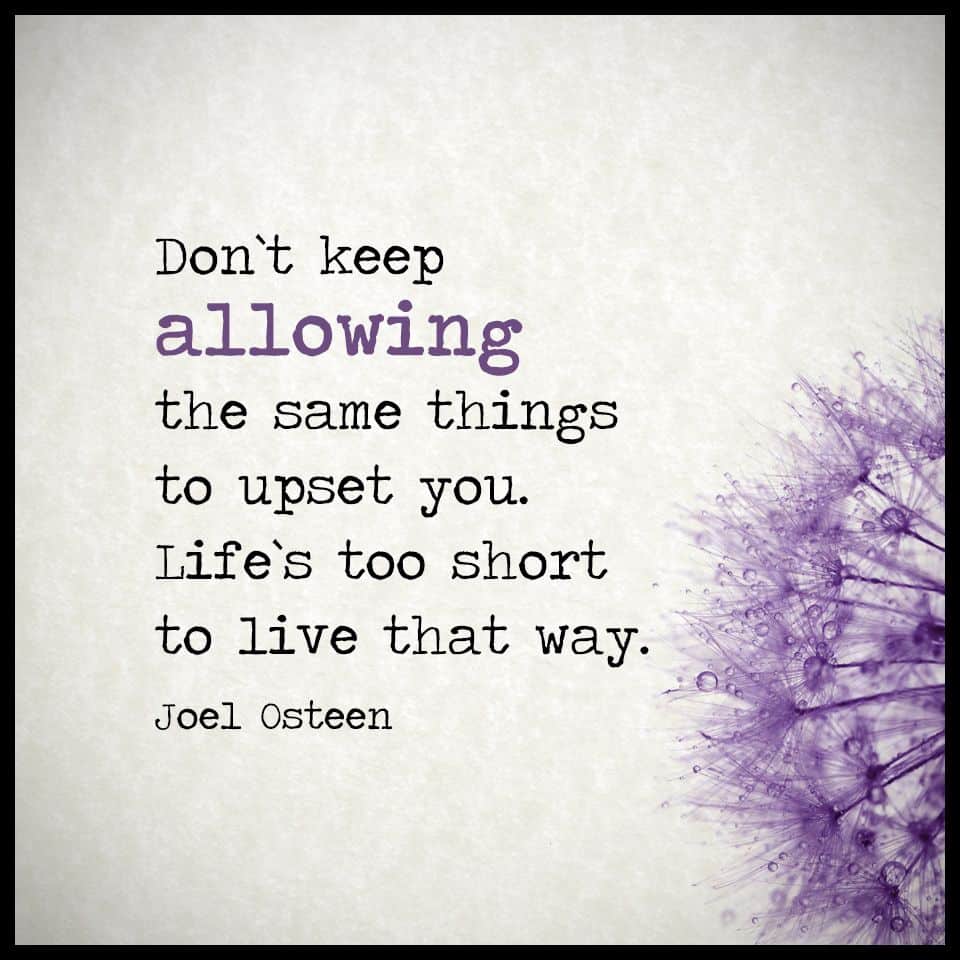A key element to a happier life is being surrounded by a supportive and influential network of friends and acquaintances. Sometimes, though, we can mistake influencers with manipulators, and it can be hard to tell the difference.
It’s rare to find those who will invest time and energy into something that doesn’t have the potential for some personal gain. Like in business, we calculate the ROI (return on investment) for our friendships, maybe not in such a black and white way, but it happens.
A manipulator knows how to get what they need with little effort from themselves but at a high cost to others. They find ways to work around the system (or you) for their benefit, so even though your ROI is low, you still take the time to invest in the relationship.
Manipulators people spend a lot of time and energy creating an environment where they can control the outcome so others constantly meet their needs. The biggest problem of a manipulative relationship is that we often don’t even know it’s happening and allow it to continue.
Here are four ways to disarm a manipulator:
1 – Recognize the problem
It should come as no surprise that you must recognize there is a problem before you can solve it. The first sign of a problem is leaving an encounter with someone not feeling right and questioning the outcome. If you have questions and doubts about something you promised or agreed to, it might be time to start questioning the motives behind the request.
Here are some characteristics of manipulators:
- Their needs take precedence over everyone else’s.
- They expect you always to be available at a moment’s notice.
- They are often in a crisis that requires immediate action.
Another key indicator of a manipulative relationship is when other friends notice the imbalance of the give and take with someone else. Please pay attention to the people around you and their opinions. It is often easier to see things from the outside looking in.
2 – Ask the manipulator a few questions
Part of a manipulative relationship is the never-ending demands put upon us. They are usually phrased so that we should feel privileged at the opportunity to help.
Because a manipulator thrives on control, it is helpful to remove some of that control by putting the focus back on them by asking questions. The right kind of questions can help make them aware of the one-sided value of the request and can signal that you are aware of their behavior. For example:
- I see how this helps you. Can you help me understand how this benefits me?
- Do I have a say in how this goes forward?
- Does this seem like a reasonable request to you?
- Does it seem fair to you that you ask me to do?
When you ask probing questions, you shine a light on their request’s true nature. If there is any self-awareness, they will usually see the situation for what it is and change the request or withdraw it altogether.
3 – Say “no” and stand firm
You can only control your actions. That is important because you will not be able to change the behavior of a manipulator, but you can stop being their victim. That happens when you start saying “no.”
We are manipulated because we allow it, and refusing to be controlled the first step in breaking the cycle. Manipulators are good at what they do, so pay attention to their responses. They are likely to say or do things that pull at the heartstrings. We should stand firm in our “no,” knowing that we are taking the first step towards freeing ourselves from their influence.
4 – Use time to your advantage
Manipulators are good at what they do and will have all sorts of responses to our objections. They also know their best opportunity to get us on board with their scheme is to get us to agree immediately. Instead of committing to the request, we can try using the time to our advantage.
“Let me get back to you.”
That one statement puts the power of the situation back in our court. It gives us the ability to assess the situation and find a reasonable and respectful way to decline if that is what we want to do.
We stay in a relationship for all sorts of reasons, but we should only stay in it if it serves us. And one of the ways our relationships do us is by us serving them. So while someone important might need more attention and help from us because of a significant life change, over time, the relationship honors the needs of everyone.
A manipulator doesn’t buy into this philosophy. Remember, it is okay to create boundaries and say “no” for our well-being. After all, we are better prepared to help others when we put ourselves first.
7 Signs of a Manipulator, According to Psychology
Manipulative people have an arsenal of tools in their belts to get what they want from others. They usually prey on the kind, empathetic people since they’re less likely to suspect malicious intent in others.
Manipulators will drain their unwitting victims of energy and dignity before moving on to their next target. They have no remorse and only see others as a means to an end rather than a human being that deserves respect.
Look out for these warning signs identified by psychiatrist Abigail Brenner, M.D., so that you don’t become snared in their clever traps.
1. They believe they’re always right.
A manipulator can’t view a situation from someone else’s perspective; to them, they’re right 100% of the time. They can only see the world through the lens of manipulation, so if they “win,” they see nothing wrong with their actions. Power, success, and ego are the only things that matter in their eyes, and they don’t care who they hurt in their schemes.
2. Manipulators don’t understand boundaries.
Or, maybe they do understand, but they choose not to respect others’ boundaries, feelings, and thoughts. They will trample and bulldoze anyone in their path to have their way. These people have tunnel vision, only able to focus on themselves and what makes them happy. They can’t see anything outside their limited perspective because that would involve empathy and vulnerability.
Since they lack these two traits, manipulators continually look out for #1, often at the expense of everyone else. They relentlessly pursue what they want, even disregarding physical or emotional boundaries.
3. They never take responsibility for their mistakes.
Manipulators will always blame other people and circumstances for any wrongdoings. They can never admit when they’ve made a poor decision because that would tarnish their image. They keep a guard up around people to maintain an air of aloofness and superiority. After all, if they keep their distance in relationships, it allows them to take advantage of others and move on after a while.
In a relationship, the manipulator will constantly shift blame to the other person when something goes wrong. This lack of accountability allows them to get what they want without feeling remorse.
They also don’t care about meeting anyone else’s needs because they see relationships as one-sided. As long as their needs have been met, everything’s peachy in their self-centered world.
4. Manipulators will shower you with praise and compliments (at first).
Manipulators hook you by “love bombing” at the beginning, giving you endless compliments. They know that they have to give a little something first to get what they want. They don’t mind doing this because it’s all just a part of their game. Sure, it takes effort, but reeling you in will give them far more in return.
So, watch out for anyone who seems overly friendly or charming. They may seem nice, but most of the time, they have underlying intentions. That’s not to say that everyone who gives compliments is a manipulator; there are plenty of kind-hearted people out there. It’s just a good idea to keep your guard around people until you get to know them a little better.
5. They try to create disharmony in relationships.
Another common tactic they use is called triangulation, which involves creating dynamics that increase jealousy and suspicion between you and others. For instance, they may badmouth your mother or father and try to create disharmony in your personal relationships. If they can isolate you from others, you won’t have any support system left to fall back on. Then, the manipulator can take full advantage of you in your weakest moment.
Be on the lookout for people who talk about others behind their back. They’ll do the same thing to you when you’re not around because they only have power by stealing it from others.
6. They don’t care about getting to know you.
When you’re trying to form a relationship with a manipulator, they will talk about themselves most of the time. Trying to explain yourself to them is like attempting to teach calculus to a toddler – they won’t get it. They won’t even try to understand because they simply don’t care. They see you as a means to an end, not a person with thoughts and feelings.
They prey on empathetic people since they’re not big on talking about themselves. The more the manipulator can put themselves in the spotlight, the better they can execute their plan. Self-centered people would go against their goals because they wouldn’t ever tolerate manipulation.
7. Manipulators will gaslight you so that you question reality.
Manipulators want you in a confused, vulnerable state because that makes you easier to control. So, they will distort your words and sow seeds of doubt, making it harder to distinguish between lies and truth. Eventually, you may not even know what’s happening because the manipulator has denied facts for so long.
So, watch out for people who try to twist your words and guilt trip you because they don’t have your best interest at heart. They only want to tear you down and strip away your sense of identity to gain power over you.
 Final Thoughts on Dealing With a Manipulator
Final Thoughts on Dealing With a Manipulator
Manipulators will use every trick up their sleeve to gain access to what they want. This usually involves lying, gaslighting, love bombing, and blaming others for mistakes. Manipulators and narcissists have a lot in common, as both only care about themselves in the long run. They get what they want from others by exerting dominance and preying on kind-hearted people.
So, to avoid being manipulated by others, learn to stand up for yourself and refuse to become someone else’s toy. You’re not obligated to do anything for others that you don’t feel comfortable with. Even if you consider yourself an empath, you can still set boundaries and say “no” to people who disrespect you.


















